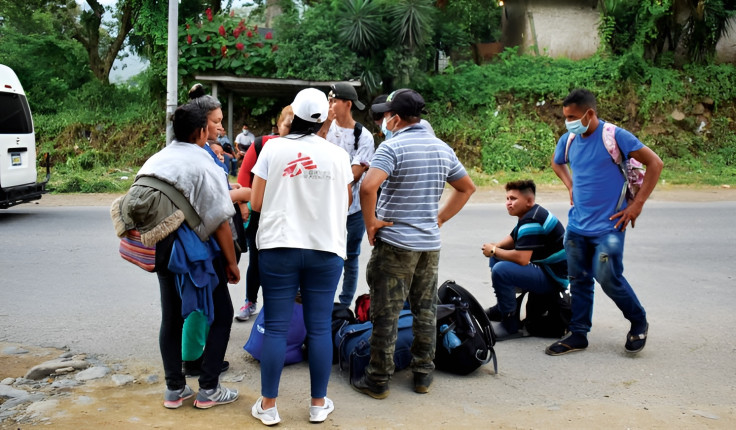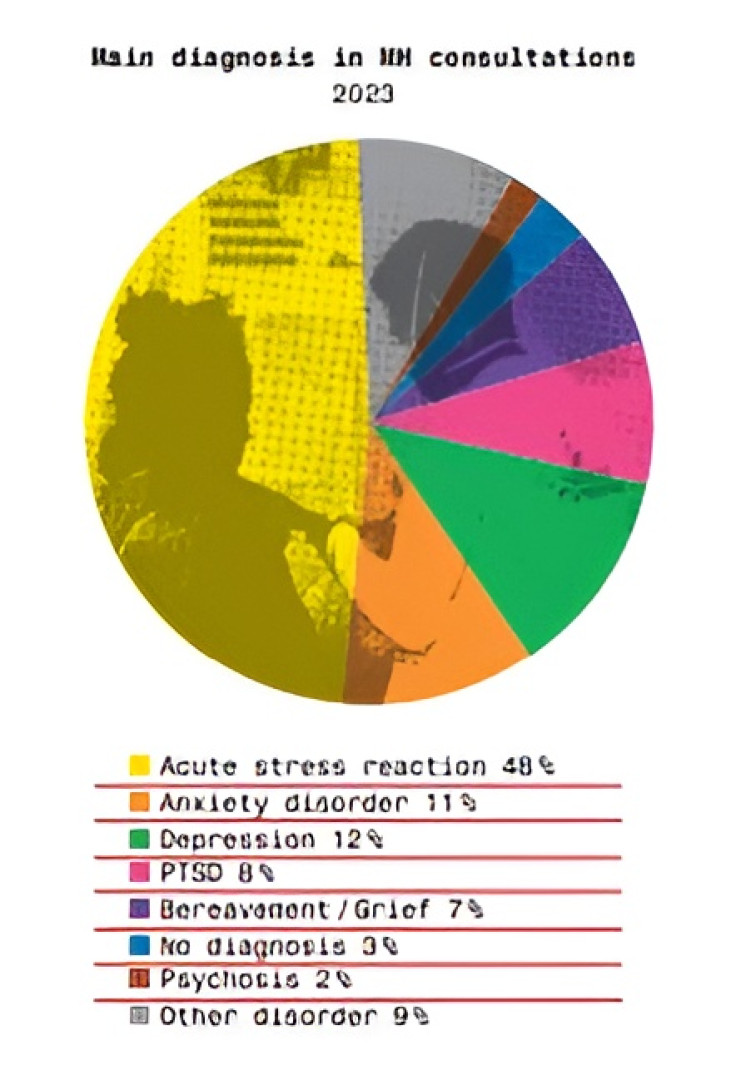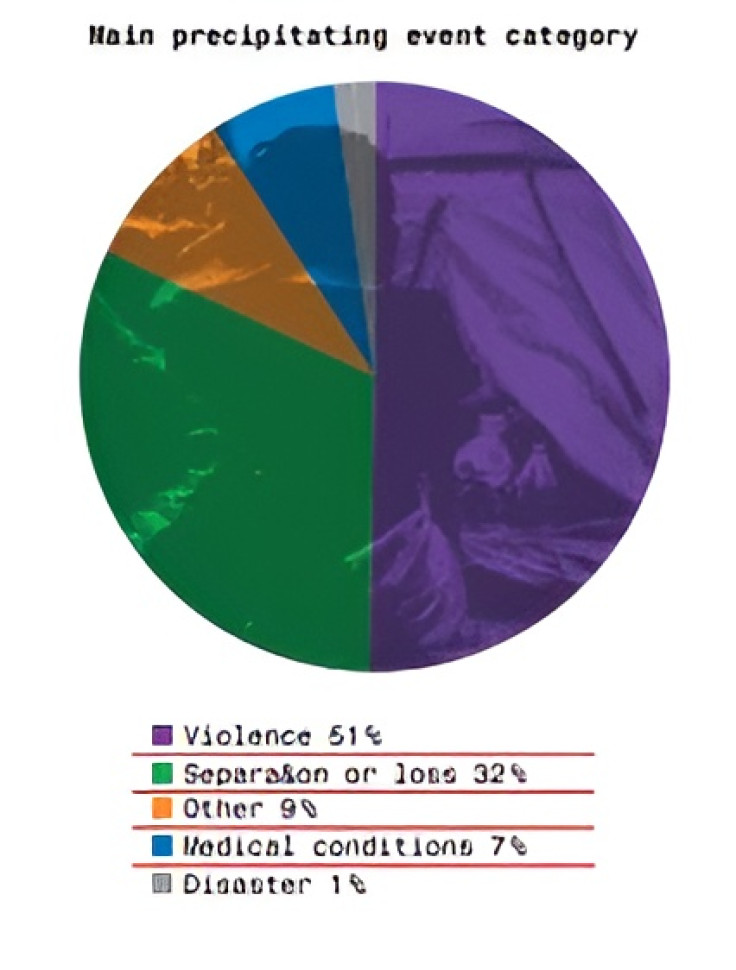
Migrants crossing through Mexico and Central America are in "an unprecedented state of vulnerability," with increasing sexual violence not treated on time to prevent diseases, according to a report by MSF (Médecins Sans Frontières/ Doctors Without Borders).
The document, titled "Violence, desperation and abandonment on the migration route," details the abuses faced by migrants, caused mainly by discriminatory immigration legislation, which according to the organization, makes their route "more difficult and risky."
The report highlighted "the negative impact of experiences on the migration route on the mental health of migrants".
Of the almost 3,800 mental health consultations provided by MSF teams in Honduras, Guatemala and Mexico in the year, the main diagnosis (48 per cent) was acute stress, while in more than half of the initial mental health consultations, violence appeared as the main precipitating factor for emotional distress.
Among other detailed cases of violence reported by migrants, MSF highlighted sexual violence.

In 2023, MSF assisted 232 survivors of sexual violence, of whom only 10 percent were treated within 72 hours of the incident, a critical period for preventing sexually transmitted diseases and other health problems.
Lack of access to water, sanitation and safe food, exposure to extreme temperatures, sleeping outdoors and/or in overcrowded conditions lead to a higher risk of preventable diseases, such as diarrhea, MSF reported.
The findings of the report are based on data collected by MSF in 2023, when the health organization's doctors provided general and psychosocial health consultations to some 67,000 migrants on their way to the United States between Honduras, Guatemala and Mexico, an increase of 21 per cent compared to 2022.

Variations in consultations have mirrored, in part,the increase in the migratory flow compared to previous years. More than 520,000 people crossing the Darien jungle dividing Colombia and Panama, representing an increase of 109 per cent from 2022, according to data from the Panama government cited by MSF.
The demographic profile of migrants has changed in recent years, according to the organization, and since 2022 there has been an increase in the number of families with women, children and adolescents on the migration route. In 2023, there was a 36 per cent increase of children under five years of age.
"Although all migrants are in a situation of vulnerability, these groups tend to be more exposed to risks on the migration route," the document says.
The increase in migratory flow results in an "overwhelmed" system, MSF says
"This report confirms MSF's testimony in the Central America and Mexico region: people in irregular migration situations are exposed to violations that often affect them multiple times along the migration route. Protection risks range from physical and psychological violence (including threats and discrimination) to violence that deprives them of their possessions," the report concludes.
"The consequences on health range from physical effects with short- and long-term consequences – even permanent- to mental health effects. These emotional effects are aggravated by the fear of separation or family loss and the fear of deportation to a place where their lives may be threatened."
"Existing migration policies and practices in transit countries do not guarantee the protection of the migrant population," MSF warns.
"The medical and psychosocial response by health institutions in transit countries is often overwhelmed and lacks the capacity to care for the migrant population. In addition, there are reports of discrimination in healthcare provided by these institutions."
© 2024 Latin Times. All rights reserved. Do not reproduce without permission.







